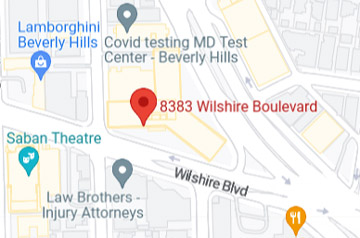
Volkswagen recently admitted that 11 million of the vehicles it sold worldwide (approximately 500,000 in the United States) were equipped with software used to bypass emissions regulations. The vehicles at issue were manufactured and sold by Volkswagen from 2009 through 2015. Brand names manufactured and sold by the German automaker include Volkswagen, Audi and Porsche. As part of its effort to become the world’s largest car manufacturer, Volkswagen aggressively marketed the diesel vehicles at issue as having met strict environmental standards while maintaining superior performance and fuel efficiency.
Diesel engines typically get better gas mileage than traditional gasoline engines. Although diesel engines produce less carbon emissions than gasoline engines, they produce more nitrogen oxides, gasses that are extremely harmful to the environment. Over the years, clean diesel technology began improving and the United States demand for such vehicles equipped with these engines increased.
Volkswagen started off with the 2008 2.0L TDI CleanDiesel engine. It claimed that the vehicles equipped with the engine had “very good fuel economy,” a “fantastic powertrain” and put out 25% less greenhouse gasses than a gasoline engine would. Volkswagen’s advertising strategy of focusing on the unique combination of clean, efficient and highly performing vehicles was very effective. Volkswagen became the largest seller of diesel passenger vehicles in the United States.
In 2014, the Environmental Protection Agency was alerted by an independent testing facility that the Volkswagen vehicles were emitting nitrogen oxide emissions in levels that exceeded allowable standards in the United States. This led the Environmental Protection Agency to conduct its own investigation which ultimately revealed that the Volkswagen vehicles were extreme polluters that were not legal to drive on United States roadways.
The Environmental Protection Agency concluded that Volkswagen installed sophisticated software, also known as a defeat device, in the vehicles that detected when the vehicle was undergoing official emissions testing. During those tests, the software would turn the full emissions controls on. However, when the vehicles were not being tested, the emissions controls would deactivate and allow pollution to be freely released into the environment at excessive levels. It turns out that the vehicles were emitting up to 40 times the allowable standards in the United States.
When the public learned about Volkswagen’s conduct, hundreds of consumers began filing California Lemon Law actions against the company seeking to have their vehicles repurchased pursuant to the Song-Beverly Consumer Warranty Act and other consumer protection statutes.








